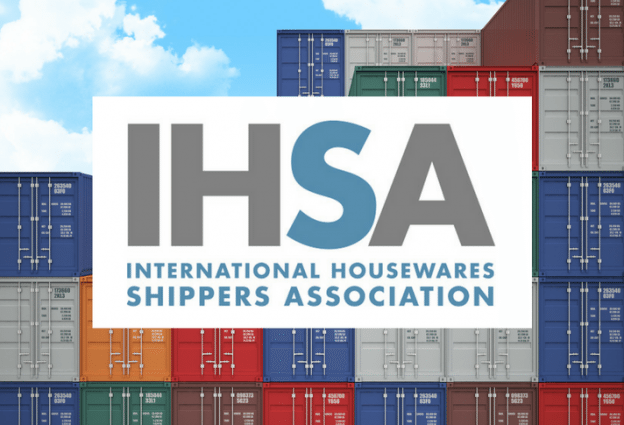Ocean carriers are entering their busiest shipping phase known as peak season to those familiar with the container shipping industry. It is traditional for ocean carriers to impose a “Peak Season Surcharge” (PSS) on containers shipped from Asia to the United States during this peak period. The PSS is a good tool for shippers to gauge how carriers view future demand in the market. The PSS amount per container could range between $100 to $1000 per container. The higher the PSS, the higher the anticipated demand. If the carriers are consistently postponing the PSS to a later date, it points to weak demand. Conversely, if the PSS is implemented on schedule, the carriers expect demand to be strong for the peak season.
In late May, the majority of carriers announced that a PSS would be implemented on July 1, 2016. Unfavorable market reaction to impose a PSS led to the carriers’ decision to postpone the surcharge. This is a clear indication that the carriers are concerned over the weak demand in the market. This is not the outcome the carriers desired considering ocean rates from Asia to the United States are at historical lows.
Low ocean rates, while beneficial for shippers, creates uncertainty in the market on the financial viability of carriers. Several carriers have already been forced to renegotiate terms with their creditors to avoid filing for bankruptcy protection. If demand does not improve, it is expected that carriers will cut capacity in an attempt to increase rates. The carriers were very successful using this tactic in 2010. In a matter of a few months, shippers went from paying very low rates to paying record high rates due to limited space availability.
It remains to be seen whether creating an artificial demand in the current market will have the same impact it did in 2010. For starters, the carriers seem to be lacking unity to reverse the downward pressure on rates. More importantly, ship sizes are significantly larger today than what were deployed in 2010, making the decision to remove ships from the market more difficult.
In Summary, the first attempt at implementing a PSS by the carriers failed. Several carriers reacted to this failure by announcing capacity reductions. If additional attempts to impose PSS fail, expect the rest of the carriers to get serious about removing capacity. This would not be good news for shippers. Whenever capacity is removed from the trade, supply chains are exposed to disruptions and rates are subject to potential increases.
IHA member companies looking to reduce their ocean freight costs are encouraged to contact IHSA to learn about the program. Contact IHSA at +1-513-489-4743 and learn more on our website.



